All the planets in our solar system bear names from Roman mythology, which is known to be closely related to Greek mythology. The only exception is Earth, which has its own name in almost every language.
In this article you can read about the names of the individual planets and the origin of the names.
Mercury
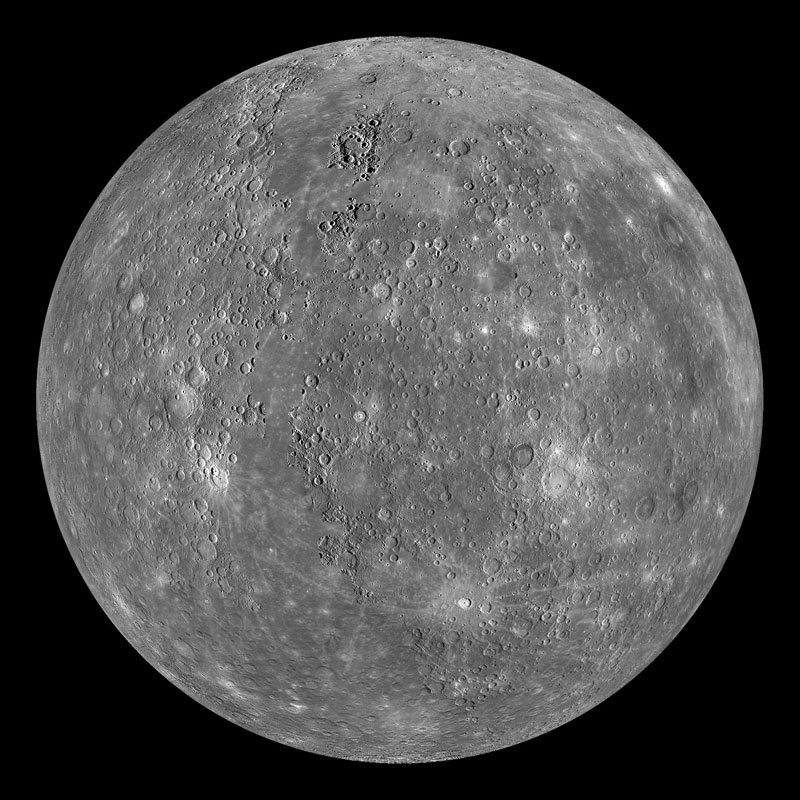
The name Mercury originates from Roman mythology, where Mercury was the god of speed, trade and communication.
Since Mercury is visible to the naked eye, most ancient cultures have had their name for the planet; the Babylonians called it Napu after a god in their mythology. The ancient Greeks believed that Mercury was two planets and called it Apollo when it was visible in the morning and Hermes when it was visible after sunset.
The name Mercury probably originates from the Latin word mercari which means “to act” or merces which means “wages”.
Venus

The name Venus originates from Roman mythology, where Venus was the goddess of love and beauty. In Greek mythology, the goddess Aphrodite had the same role. The Babylonians called Venus Ishtar, who was the goddess of femininity and love – so the different cultures’ perception of Venus has been very similar.
The symbol of Venus is also the symbol of femininity (a circle with a cross at the bottom).
Both the ancient Greeks and Egyptians believed that Venus was 2 planets; the Morning Star and the Evening Star.
Earth

Almost every language has its own word for Earth. Here are some examples: Earth (English), Aarde (Dutch), Dünya (Turkish), Terra (Portuguese), Maa (Finnish), Erde (German).
The common denominator for the name Earth in all languages is that it always means ‘earth’ or ‘ground’. According to Greek mythology, the goddess Gaia is both the goddess of the Earth and the Earth itself.
Mars
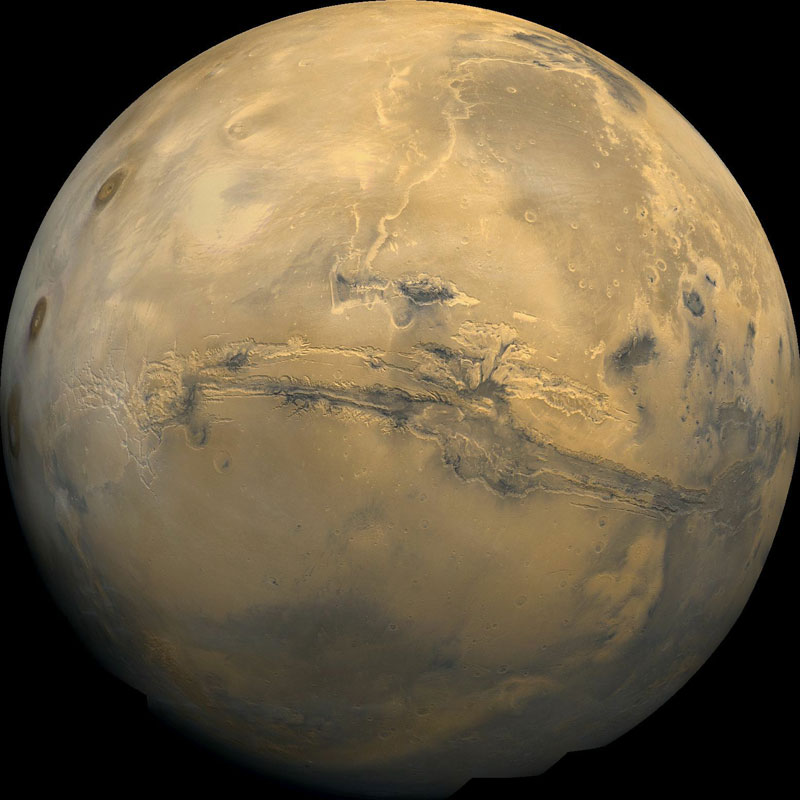
Mars has also been nicknamed The Red Planet because iron minerals in the planet’s soil oxidize – i.e. rust – causing the soil and dusty atmosphere to appear reddish.
The name itself March originates from Roman mythology, where Mars was the god of war. The Romans chose to name Mars after their god of war because of the planet’s red color, reminiscent of blood.
Other cultures have had the same perception of Mars; the Sumerians believed Mars was the sacred star of their god (Nergal). Native Americans also associated Mars with war, as did the ancient Greeks.
Jupiter
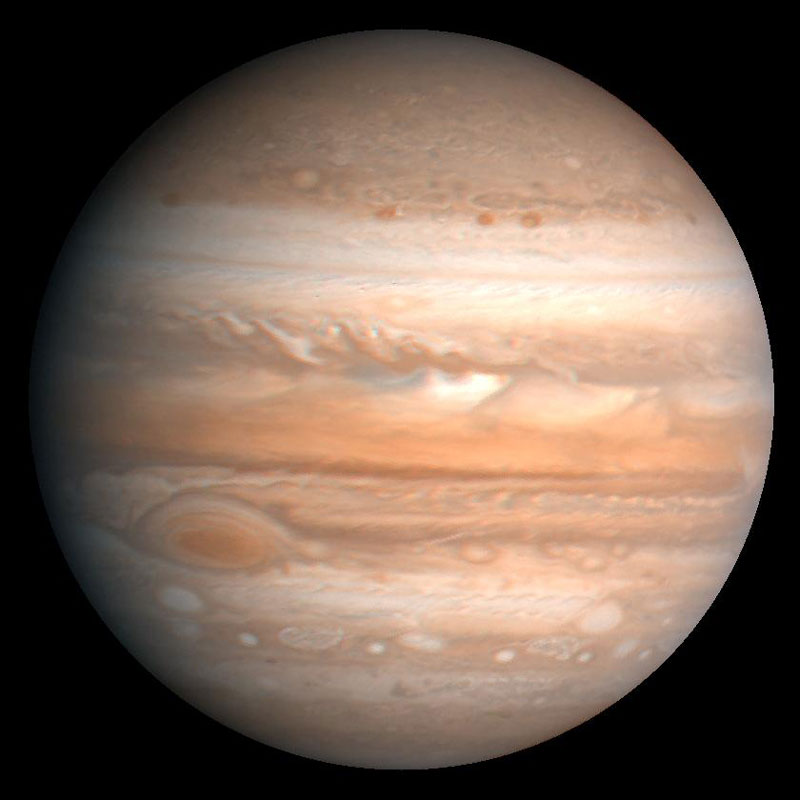
The name Jupiter comes from Roman mythology, where Jupiter was the king of all gods and therefore the most powerful. He was also the god of lightning and thunder. Jupiter also played a central role as ruler, protector and authority in the Roman state.
Originally, Jupiter was a sky god, primarily associated with wine and festivities. He then became a god of war and only later was he elevated to king of the gods.
The name Jupiter probably comes from the Latin word lupiter which in turn comes from the Indo-European word Dyeu-pater where Dyeus has a relation to the name Zeus and father means ‘father’.
Saturn
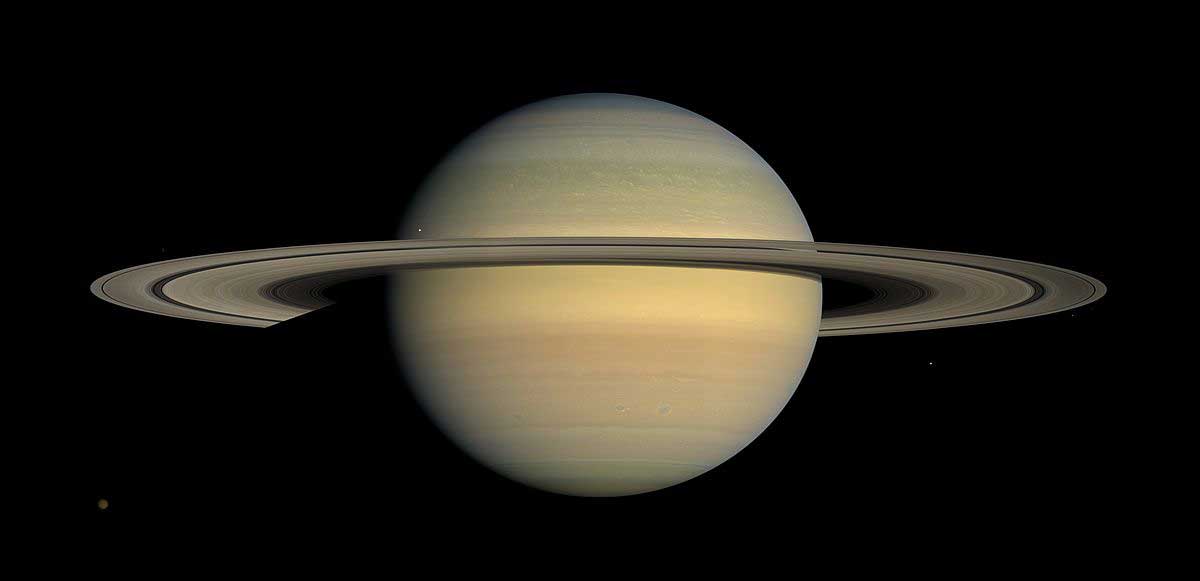
The name Saturn has its origins in Roman mythology, where Saturn was the god of grain, harvest and agriculture. In Greek mythology, the same god is called Kronos. According to Roman mythology, Saturn carries a sail in his left hand and a sheaf of grain in his right.
Saturn is also the root of the English word for Saturday ‘saturday’. The name Saturn has its origin in the Latin word Saturn.
Uranus
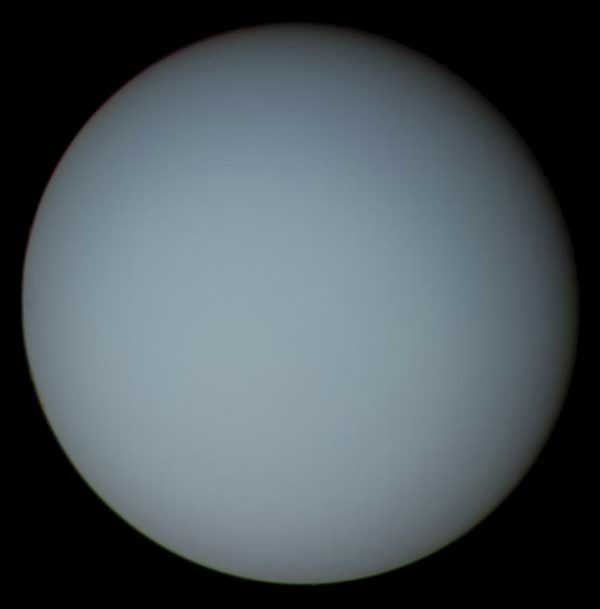
The discoverer of Uranus, William Herschel, wanted to name Uranus Georgian Sidus (meaning ‘George’s star’) or Georgian planet – both after King George III. However, other contemporary astronomers didn’t like the name and preferred to stick with the tradition of using names from Roman and Greek mythology. Instead, the name Uranus was chosen, which is the name of the sky god who was the father of Saturn in Greek mythology.
The name Uranus comes from the Greek word ouranus which means ‘the heavens’.
Neptune
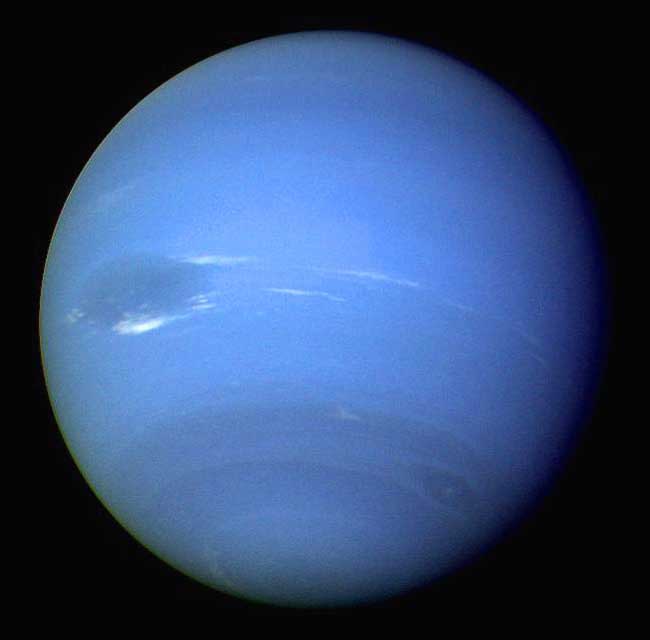
The name Neptune has its origins in Roman mythology, where Neptune was the god of fresh water and the sea. The discoverer of Neptune, Johann Gottfried Galle, wanted to name the planet after its predictor, Urbain Joseph Le Verrier, but the International Astronomical Union (IAU) would not approve. Another suggestion was Oceanus, which also didn’t go down well with the astronomers of the time. In the end, it was Urbain J. Le Verrier who maintained his right (as the actual discoverer of Neptune) to name the planet Neptune which quickly became the internationally recognized name.
In Roman mythology, Neptune was the god of the sea, corresponding to the sea god Poseidon in Greek mythology. The name Neptune comes from the Latin word Neptune (whose meaning is unknown) and is possibly related to the Indo-European word nebh which means ‘wet, steamed clouds’.


